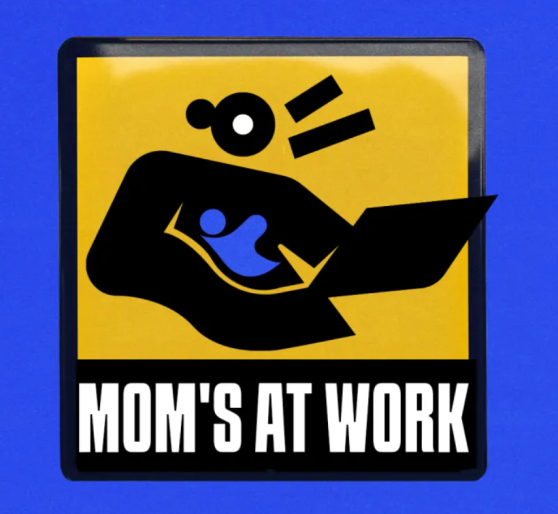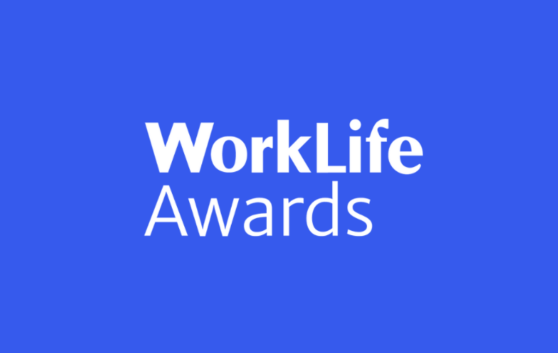The hidden cost of workplace transformation: How change initiatives crush top employees
Nearly half of employees report experiencing "transformation fatigue," according to a recent study
Nearly half of employees report experiencing "transformation fatigue," according to a recent study
The tool is designed to help employers measure and boost workforce well-being.
Some employers are replacing HR directors with chief productivity officers to better align people, tech and business outcomes.
"You want to know what a company truly values, ask an employee: What gets you noticed? What gets you recognized? What gets you promoted? What gets you fired?"

A study shows a surge in executive stress, creating a talent retention emergency

The HR leader shares her take on the rise of AI, hybrid work and retaining talent.

The importance of workforce data is just one of the prognostications people managers are making looking to the year ahead.

It’s the workplace epidemic nobody’s talking about but that everybody’s experiencing, and it’s costing companies a real financial hit while burning out their best people.

Job hugging isn’t about being lazy or stubborn. Rather, it’s when employees cling to outdated processes because they think it protects their standing.

This hidden form of burnout risks billions in lost productivity. Here’s how employers can spot and prevent it before it’s too late.
In this podcast series, we explore some of the challenges working mothers face throughout their entire motherhood journey, beginning with fertility, maternity leave, returning to work and then balancing a career with their parenting responsibilities. And we’ll look, too, at how employers are working harder to improve conditions and benefits, and where they’re still woefully absent or even magnifying the problem.


Rolls Royce, the aerospace and defense company, and U.S. consumer goods maker Conagra have both been piloting an HR-centric generative AI bot for the last eight months.

Companies are realizing the importance of auditing AI usage to avoid wasted resources and ensure productivity.

Companies want HR leaders well-versed in AI to ensure the tools are integrated appropriately and ethically.

Humans can’t out hustle an algorithm. So how can the workforce retain the power of humanity at the same time as it embraces and benefits from the latest artificial intelligence innovations?

This editorial series will break through some of the hype around generative AI and explore topics including how AI will change senior leadership, the AI talent shortage, and how HR professionals can best leverage it responsibly and ethically.

The deeper AI is incorporated into companies the bigger the impact it’s going to have on what is needed from leadership.
Company culture has never been more important for organizations looking to attract and retain the best talent and the strongest cultures are built on values that run deep throughout the organization. The WorkLife Awards will recognize the top employers and the values that make them unique.

